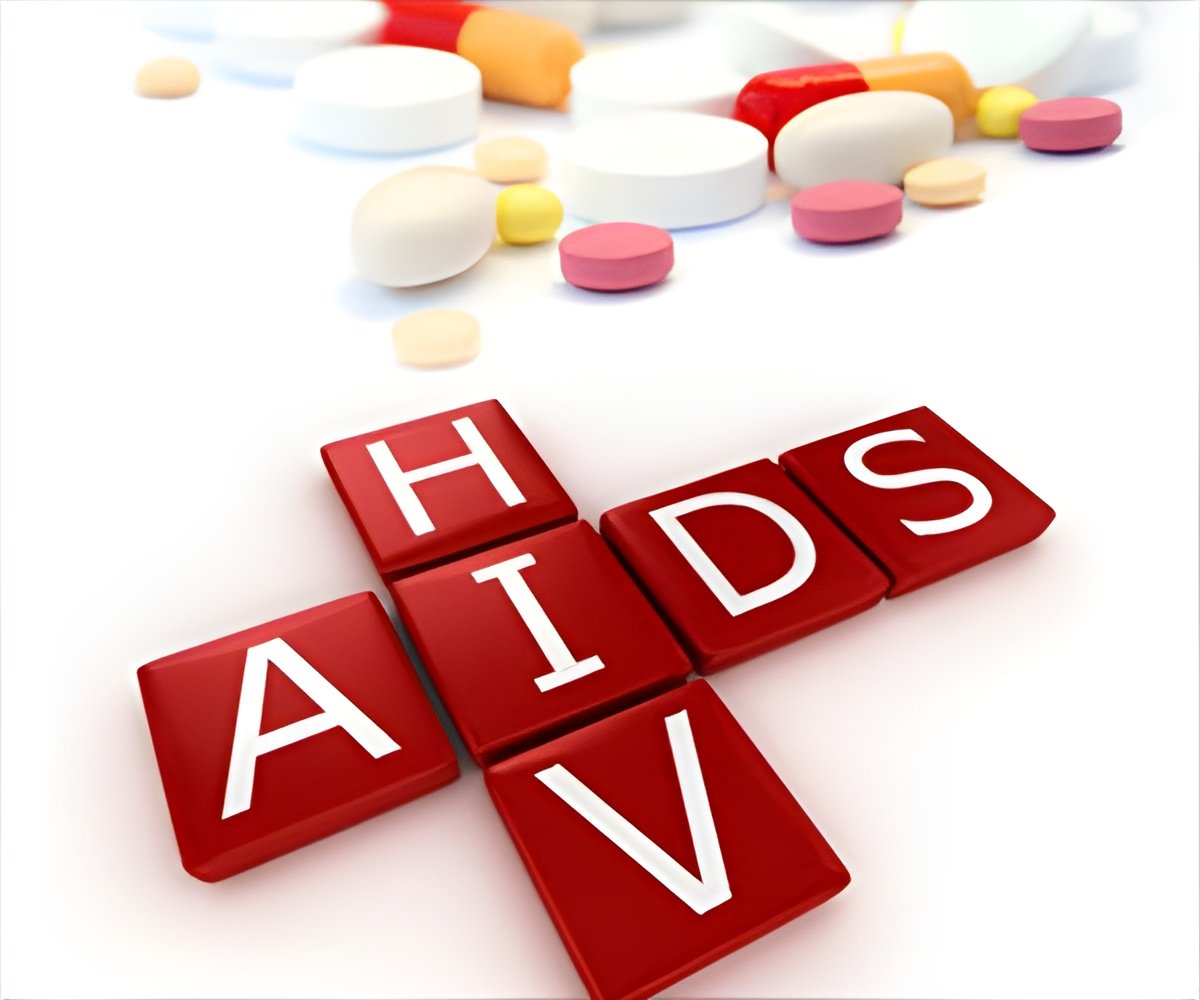The diabetes drug sitagliptin (brand name Januvia) both improved metabolism and reduced inflammation in HIV-positive adults taking antiretroviral therapy.

In the new study, the researchers found that the diabetes drug sitagliptin (brand name Januvia) both improved metabolism and reduced inflammation in HIV-positive adults taking antiretroviral therapy.
"With sitagliptin, sugar levels fell, and several markers of immune activation and inflammation were reduced, indicating the drug may provide long-term benefits for these patients' hearts, bones and livers," said principal investigator Kevin Yarasheski, professor of medicine at Washington University School of Medicine in St. Louis.
The study involved 36 HIV patients, aged 18-65, who were on antiretroviral therapy and whose immune status was stable.
At the start of the study, the researchers measured the participants' glucose levels, insulin sensitivity, lipid levels, immune cell counts, several markers of inflammation and other indicators of health.
Half of the study participants then took sitagliptin for eight weeks, and the others received a placebo. Meanwhile, everyone in the study continued with antiretroviral therapy.
Advertisement
"And that is what we found," he noted.
Advertisement
Source-IANS














